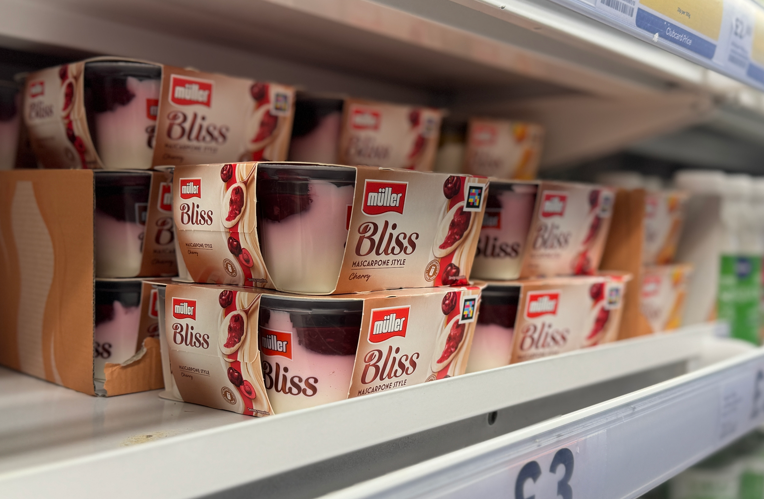The Ben Franklin Effect in Use
Brands and retailers can use the Ben Franklin effect to build customer loyalty.
While shoppers tend to think that they have neat logical reasons for the purchase decisions they make, this is simply not true: instead, they make purchase decisions for reasons that are complex, instinctive, and often somewhat arbitrary. Then, they devise logical justifications to retroactively explain our behaviour.
The Ben Franklin Effect in ecommerce
Particularly in the ecommerce world, there are so many possible touchpoints that it’s easy to create opportunities to ask minor favours. Request something simple, like feedback – But be sure to make providing feedback as easy as possible
Thanking providers
Thank favour providers - Once someone has done you a favour, it’s vital that you follow up in a way that also furthers their retroactive justification. For instance, say that their favour was “incredibly generous” and talk about how much you appreciate it. Build off that favour when asking for another.
Reciprocate favours
We like to think that we’re consistent with how we behave and make decisions, so if we’re asked for a favour by someone we certainly did a favour for before, we’ll view it as making a lot of sense. To do otherwise would be to threaten the integrity of the face-saving explanation for the first favour. As such, every time you convince someone to do you a favour, it will add to their conviction that they liked you all along.
How to deploy the Ben Franklin Effect
Use the Ben Franklin effect to develop a solid selection of loyal customers ready and willing to do you favours for nothing more than the occasional incentive. Escalate those incentives and you can start turning them into influential brand advocates.
The Ben Franklin Effect is no.9 of a series of 36 cognitive biases at play. Check out no.10 - Choice Supportive Bias.






